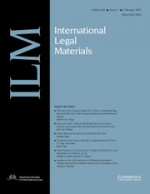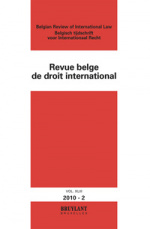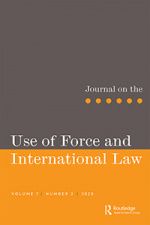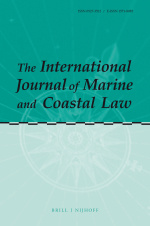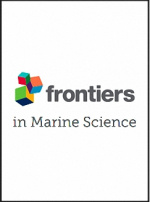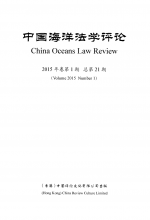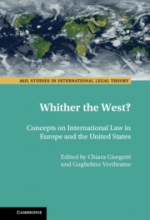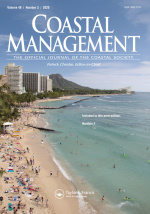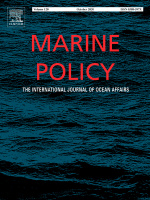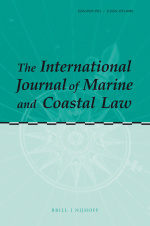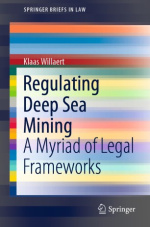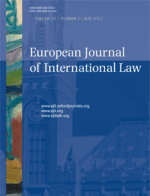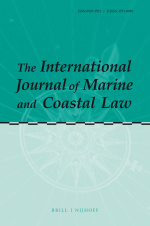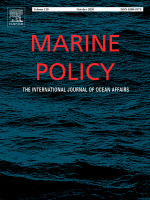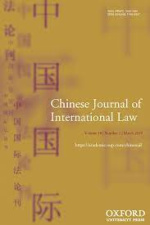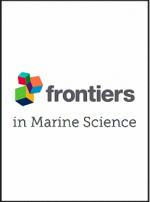Traditional dimensions of seabed resource management in the context of Deep Sea Mining in the Pacific: Learning from the socio-ecological interconnectivity between island communities and the ocean realm
Virginie Tilot, Klaas Willaert, Bleuenn Guilloux, Wenting Chen, Clement Yow Mulalap, François Gaulme, Tamatoa Bambridge, Kimberley Peters and Arthur Dahl
(2021) FRONTIERS IN MARINE SCIENCE
In many of the Pacific Islands, local communities have long-held cultural and spiritual attachments to the sea, in particular to species and specific marine areas, processes, habitats, islands, and natural seabed formations. Traditional knowledge, customary marine management approaches and integrated relationships between biodiversity, ecosystems and local communities promote conservation and ensure that marine benefits are reaped in a holistic, sustainable and equitable manner. However, the interaction between local traditional knowledge, contemporary scientific approaches to marine resource management and specific regulatory frameworks has often been challenging. To some extent, the value of community practices and customary law, which have provided an incentive for regional cooperation and coordination around ocean governance, is acknowledged in several legal systems in the Pacific and a number of regional and international instruments, but this important connection can be further enhanced. In this article we present a science-based overview of the marine habitats that would be affected by deep seabed mining (DSM) along with an analysis of some traditional dimensions and cultural/societal aspects of marine resource management. We then assess whether the applicable legal frameworks at different levels attach sufficient importance to these traditional dimensions and to the human and societal aspects of seabed (mineral) resource management in the region. On basis of this analysis, we identify best practices and formulate recommendations with regard to the current regulatory frameworks and seabed resource management approaches. Indeed, the policies and practices developed in the Pacific could well serve as a suitable model elsewhere to reconcile commercial, ecological, cultural and social values within the context of deep sea mineral exploitation in addition to sustaining the Human Well-being and Sustainable Livelihoods (HWSL) of the Pacific communities and the health of the Global Ocean.

